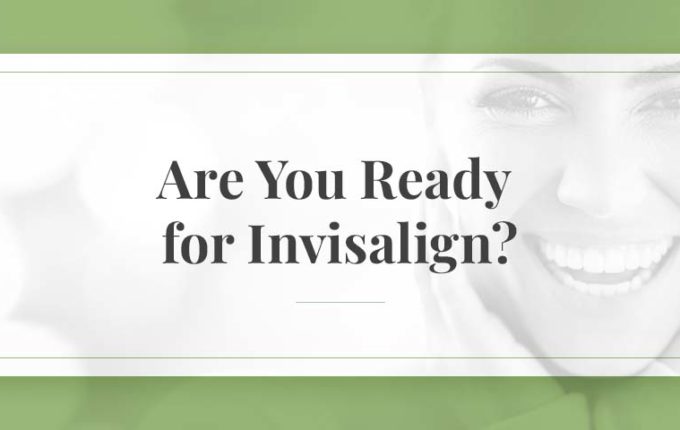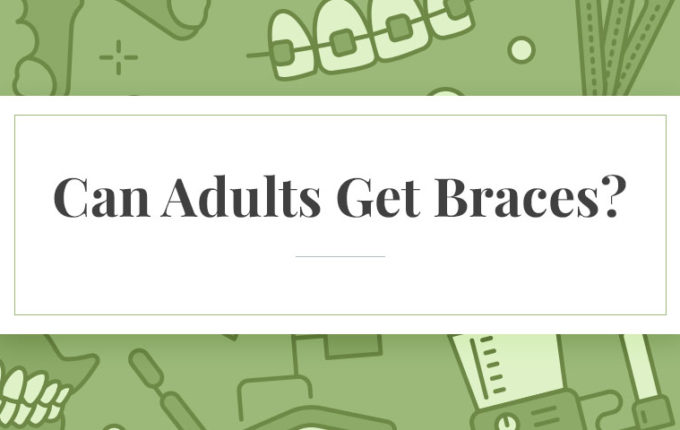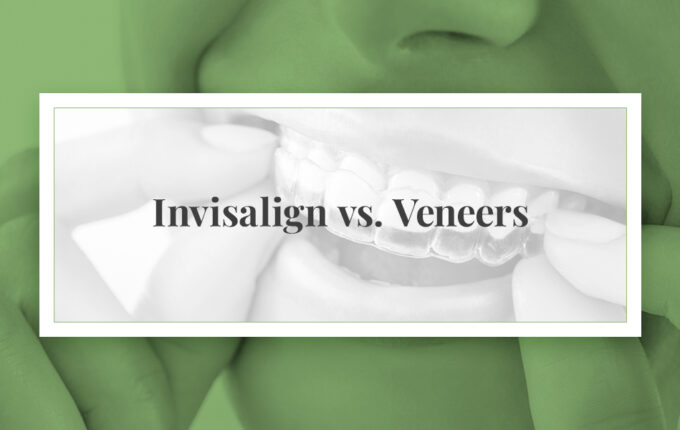Six Common Bite Problems Invisalign Can Address
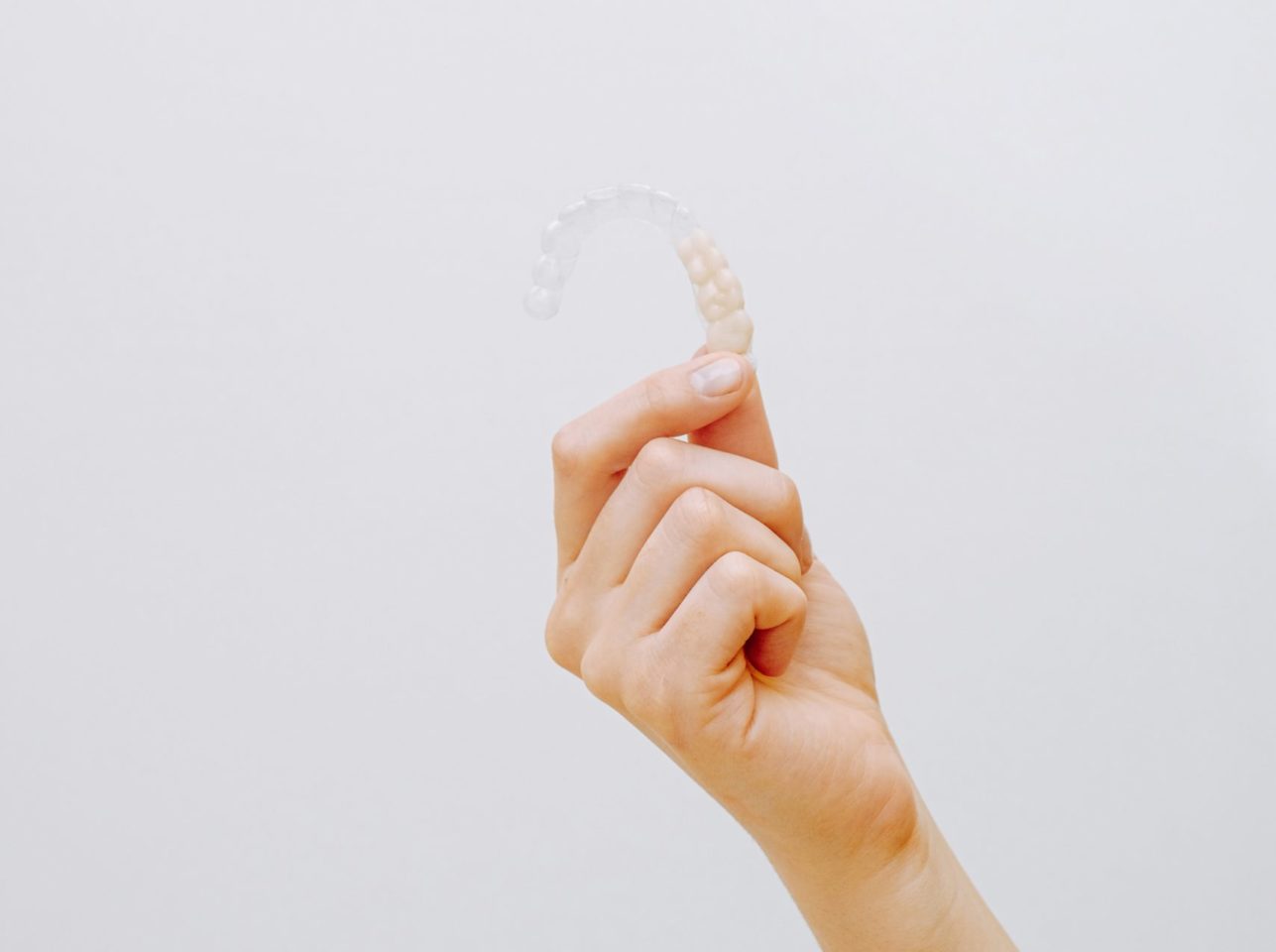
Invisalign braces are effective options for mild to moderately severe dental misalignment. Invisalign is painless and convenient, allowing patients to take their aligners off to eat or brush their teeth. Many patients love Invisalign because it is nearly invisible.
Can Invisalign Fix Your Teeth Issues?
209 NYC Dental’s VIP Diamond Plus Invisalign Provider Dr. Sang (Ben) Ahn corrects a variety of misalignment issues for adults and teens. Depending on your dental needs and budget, you may have access to several types of Invisalign, including:
- Invisalign Full
- Invisalign Lite
- Invisalign Express 10
- Invisalign Express 5
- Invisalign i7
When you come to 209 NYC Dental for a consultation, Dr. Ahn will perform a thorough dental exam. This includes imaging and creating dental impressions to understand your needs. Then, he will discuss your treatment options and recommend the best fit for you. For more serious issues, your aligners may be secondary to surgery or other corrective procedures.
We use Invisalign to treat these six common conditions:
1. Crossbite
If your upper teeth sit on top of or just inside your bottom teeth, you have a crossbite. This condition, often caused by genetic factors or childhood habits, can cause pain, difficulty sleeping or eating, and insecurity. Before aligners, patients with crossbite had to use traditional metal braces to realign their teeth. Now, you can correct your crossbite with Invisalign.
2. Crowded Teeth
Misaligned teeth can cause complications and make you feel less comfortable with your smile. Genetics, physical trauma, habits and even allergies can cause crowded teeth. When your teeth are misaligned, simple activities like eating and practicing good dental hygiene become a challenge. Aside from pain, you may experience an increased risk for tooth decay, gingivitis and cavities. Invisalign applies pressure to crowded teeth to realign your smile more gently than traditional braces.
3. Gaps
Many patients want to eliminate the gaps between their teeth. Sustained pressure and the size of your teeth compared to your jaw can create extra space, and realignment is often necessary for your dental health. Invisalign applies pressure to shift gapped teeth as your trays gradually become more even.
4. Open Bite
If you have a misalignment that leaves an open space between your top and bottom teeth, Invisalign may help close the gap. Enjoy better sleep, increased confidence and more ease when you speak and eat. Invisalign can help gradually adjust your teeth and jaw in order to reposition and close your bite.
5. Overbite
Overbites occur when your front teeth overlap your bottom. Patients can have dental or skeletal overbites with different degrees of severity. Invisalign moves your top teeth upward while pressing your bottom teeth down until your bite is in the correct position.
6. Underbite
If you have an underbite, your lower jaw is displaced so that your bottom teeth stick out past your top set. Underbites present an obstacle to dental hygiene, increase your risk of tooth decay and cause joint pain. Aligners like Invisalign can gently correct less severe underbites.
Get Invisalign at 209 NYC Dental
If you have one of these common bite problems or want to learn more about Invisalign, 209 NYC Dental is the dental care provider you need. Learn more about our NYC Invisalign services by calling 212-355-2290 or contacting us online today.
 Our History
Our History
 Our Providers
Our Providers
 About Us
About Us
 Blog
Blog
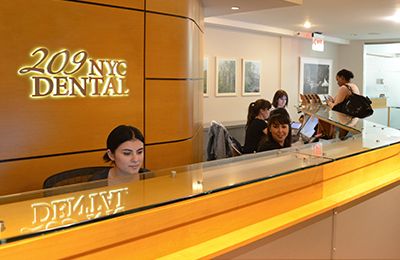 Contact us
Contact us
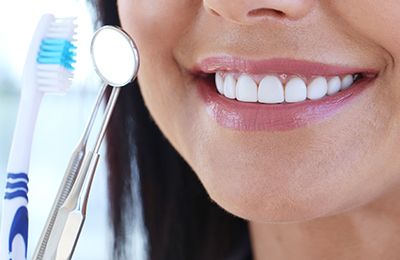 Diagnostic & Preventive
Diagnostic & Preventive
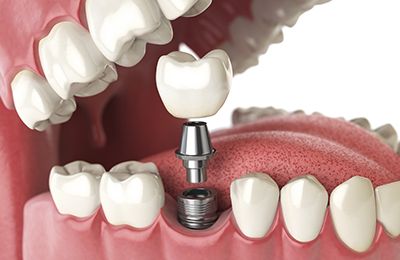 Implant Dentistry
Implant Dentistry
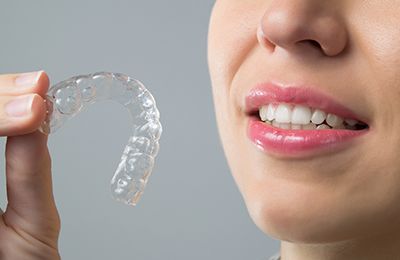 Clear Braces - Invisalign
Clear Braces - Invisalign
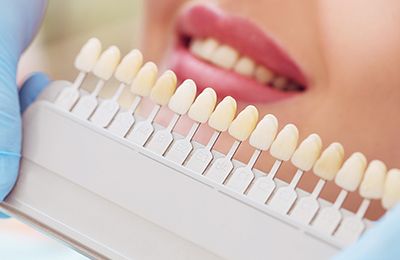 Cosmetic Dentistry
Cosmetic Dentistry
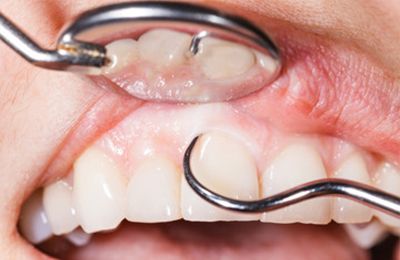 Periodontics
Periodontics
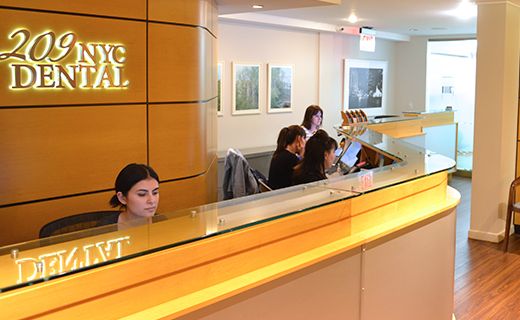 Patient Forms
Patient Forms
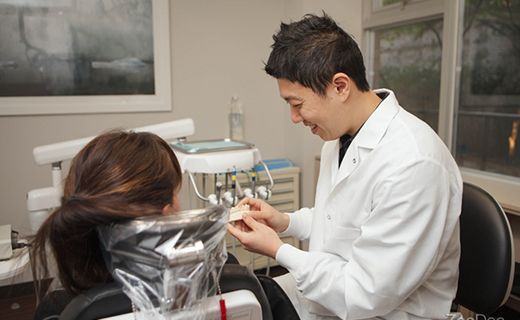 Payment Information
Payment Information
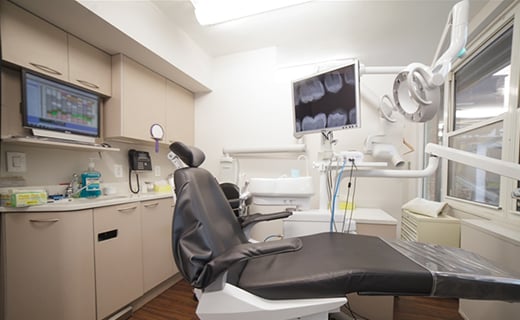 Insurance Options
Insurance Options
 CareCredit Dental
CareCredit Dental
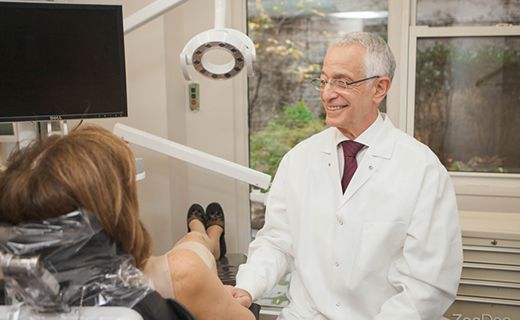 Appointment Policy
Appointment Policy
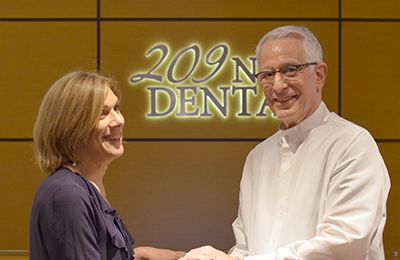 Free Consultation
Free Consultation
 Complimentary Teeth Whitening
Complimentary Teeth Whitening
 Teeth Whitening
Teeth Whitening
